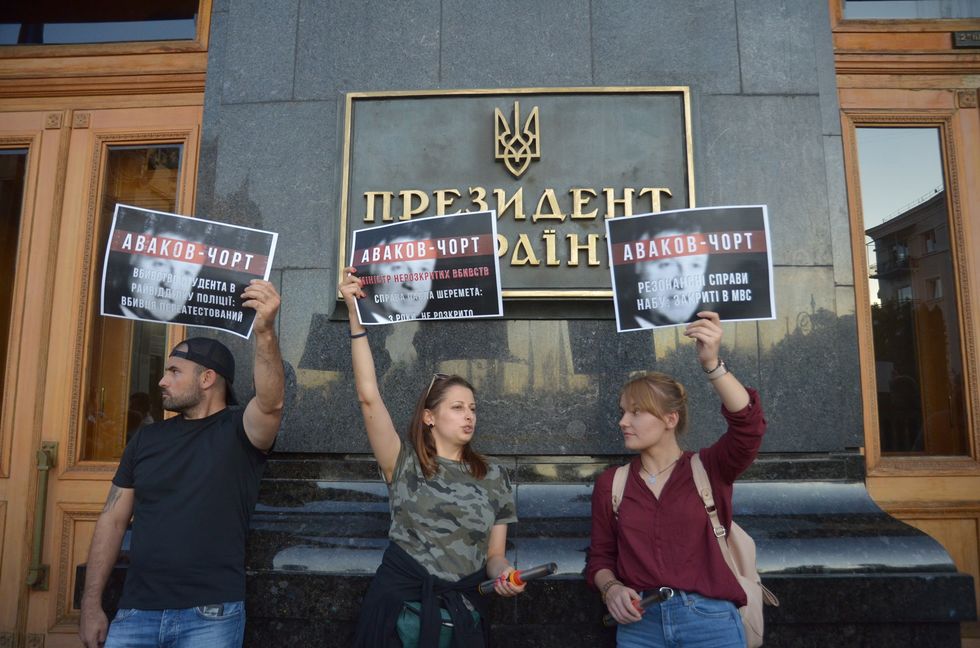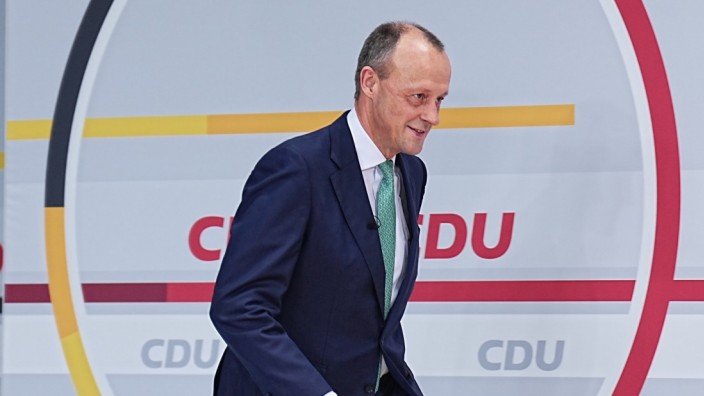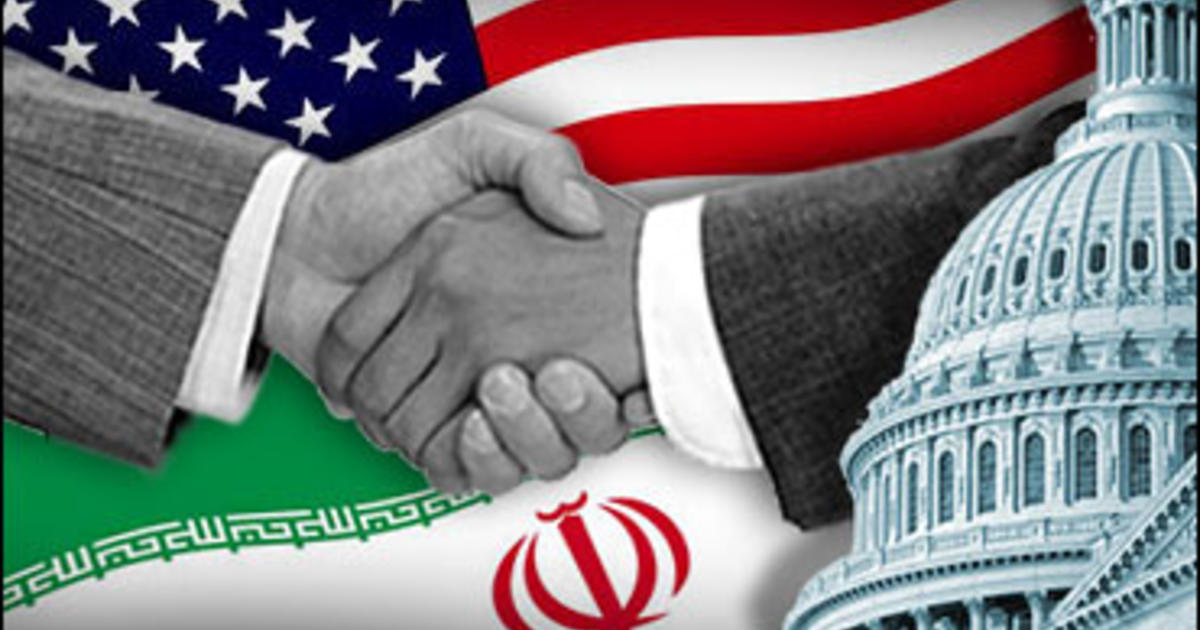During his visit to Syria, President Sarkisian delivered a speech in Der Zor in which he reiterated the genocide allegations and touched upon Turkey-Armenia relations. Der Zor (Deir ez Zor) is a small town in the southeastern part of Syria and relatively near Iraq. This area, which was a province during the period of the Ottoman Empire, was very poor. Recent researches in the Ottoman Archives shows that since the Euphrates River runs through it, this area could have become fertile in a relatively short period of time. Therefore, opening it for settlement was thought of, but due to insufficient resources this could not be realized. In 1915, when the decision to remove majority of Armenians to outside of Anatolia was taken for security purposes, Der Zor came to mind for their relocation. However, again due to insufficient resources and conditions of war, proper conditions for relocation were not able to be achieved. It is known that Armenians sent to this area was confronted with various hardships, the Army Commander Cemal Pasha showed great effort to help them, and even accepted aid from some American benevolent organizations. The area of Der Zor has remained in the background of the Armenian genocide allegations for a long time. About 20 years ago, the allegations that the Ottoman Government has expelled the Armenians to the deserts of Syria to eliminate them and that around 600.000 Armenians have died here have been constantly put forth and thus, Der Zor has become one of the main elements of the genocide allegations. The last example of this has been seen on February 28, 2010, few days before the voting in the Foreign Affairs Committee of the House of Representatives, in the program entitled “60 Minutes” broadcasted on the CBS channel in America. In this program, several bone pieces found in Der Zor and argued to be belonging to Armenians have been shown. If 600.000 Armenians have died in this area, then there must be hundreds of mass graves here. However, shortly after this television program, Syrian authorities have declared that no mass graves belonging to Armenians exist. As mentioned above, Der Zor has become one of the primary components of the genocide allegations. In fact, it could be understood that it is for this purpose that President Sarkisian has visited this city and delivered a rather long speech there. We will consider several points which have specifically drawn attention in President Sarkisian’s speech. One of these is Der Zor being stated as the Auschwitz of the Armenians (the most well known of the German Jewish concentration camps) in order to exaggerate this area’s historical importance, but that the chronology forces them to formulate the facts in a reverse way: Auschwitz is the Der Zor of the Jews. Continuing to compare it with the genocide of the Jews, the President has asked “where and when will be held our Nuremburg?” As known, Nuremburg is the name of the city in which Nazi war criminals have been tried. As to the Armenian relocation, since it is not possible anymore to put anyone on trial, it could be seen that with this statement the President has indirectly aimed at holding Turkey responsible for the 1915 events The Armenian President, as if he was making a favor, has stated that “in spite of all that happened, we say that we are ready to establish normal diplomatic relations with the modern Turkey, we are ready to have open borders and economic relations, we are ready to make efforts towards building confidence between the peoples of Armenia and Turkey, we are ready to bring closer the two societies by breaking stereotypes and myths that have nothing to do with the reality”. The points that need explanation here is “building confidence between the peoples of Armenia and Turkey”, which in Armenian minds generally mean getting rid of the consequences of “genocide”; in other words, giving compensation to the descendants of the relocated Armenians and returning their properties. On the other hand, “stereotypes and myths” again in Armenian minds mean the widespread conviction in Turkey that the relocation has taken place for security purposes and that hundreds of thousands of Muslims in Eastern Anatolia have been massacred by Armenians. As a summary, it could be understood that even if normal relations with Armenia are established and the border is opened, the genocide allegations will continue and there will be much effort on the Armenian side to change some convictions of the Turkish public opinion on what happened during and after WWI in Eastern Anatolia. Another point which President Sarkisian has emphasized is that they do not accept the style of references to the Armenian-Turkish dialogue in attempts to avoid the recognition of the genocide by other countries. Within this framework, he has stated that it is irrelevant to cite some commission of historians since the Armenian-Turkish protocols provide for merely a governmental sub-commission on the historic dimension and that he assumes that everyone understands what this means and what the difference is. These statements once again reinforce that once the protocols are ratified and implemented, the Armenian side will still not accept the genocide allegations being examined by the “Sub-commission on the Historical Dimension”. Several speeches delivered earlier relating to this subject has shown that the Armenian side wants the “Sub-commission on the Historical Dimension” to cover issues such as giving compensation to the descendants of the relocated Armenians and the returning of their properties. However, these matters have already been resolved through the Treaty of Lausanne and the implementations taking place in the following years. The Armenian side must understand that normalizing relations with Turkey could be at the expense of the Treaty of Lausanne which is the corner stone of modern Turkey and that normalizing relations is not aimed to the past, but on the building of the future. In conclusion, President Sarkisian’s Der Zor speech is harsh in language and negative in content. Perhaps, this kind of approach could be beneficial for Armenian internal affairs, but it is very far for establishing a permanent friendship with her and especially for the opening of the border which the Armenian side very much desires.
© 2009-2025 Center for Eurasian Studies (AVİM) All Rights Reserved
THE FAIRYTALES OF BOGHOS
REACTIONS TOWARD ERDOĞAN’S MESSAGE
CHURCH PROPERTIES AND THE AMERICAN CONGRESS
SARDARAPAT: THE VICTORY THAT NEVER HAPPENED
 THE ‘ARMENIAN QUESTION’ IN UKRAINE - II: THE ADVOCATES OF THE ‘ARMENIAN CAUSE’ IN UKRAINE
THE ‘ARMENIAN QUESTION’ IN UKRAINE - II: THE ADVOCATES OF THE ‘ARMENIAN CAUSE’ IN UKRAINE
 NEW CHAIRMAN FOR CHRISTIAN DEMOCRATS IN GERMANY: MERZ
NEW CHAIRMAN FOR CHRISTIAN DEMOCRATS IN GERMANY: MERZ
 UN SECRETARY-GENERAL BAN KI-MOON CORRECTED POPE FRANCIS
UN SECRETARY-GENERAL BAN KI-MOON CORRECTED POPE FRANCIS
 THE US AND IRAN - FOES IN UKRAINE, FRIENDS IN THE SOUTH CAUCASUS
THE US AND IRAN - FOES IN UKRAINE, FRIENDS IN THE SOUTH CAUCASUS




























